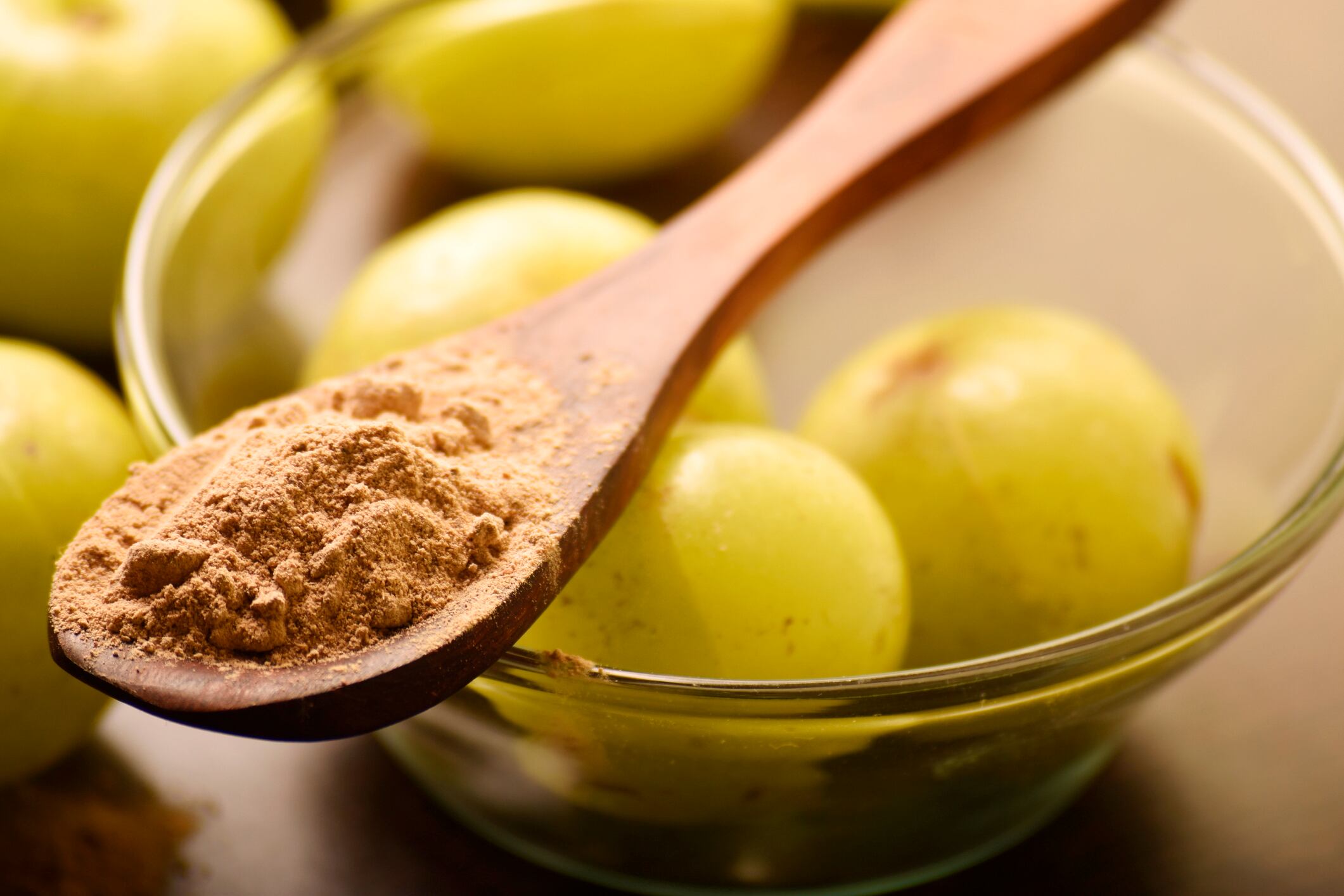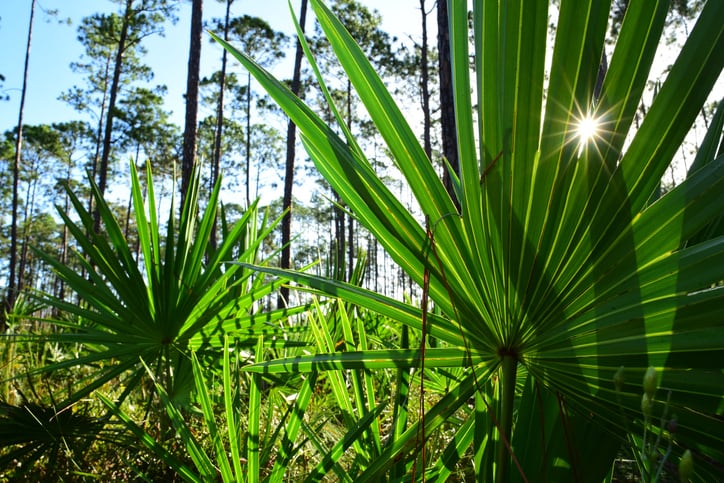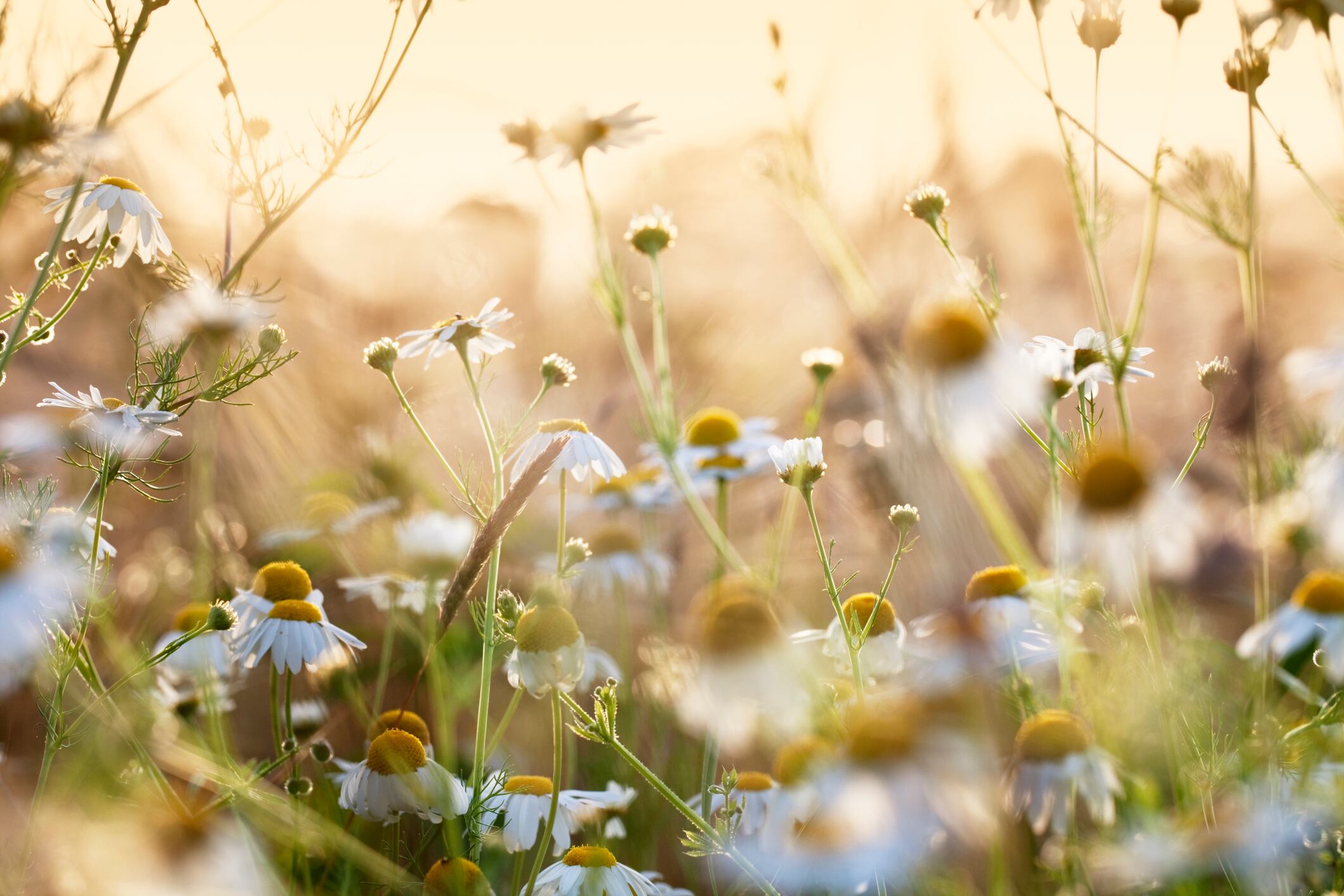The global average temperature increased about 1.8°F from 1901 to 2016, according to the U.S. Environmental Protection Agency (EPA).
“Climate change isn’t a belief system that one can accept or deny,” Cindy Angerhofer, Executive Fellow, Botanicals Research at Aveda/ Estee Lauder, told attendees this week during a session at the American Herbal Product Association’s 10th Botanical Congress: Botanicals & Planet Earth.
“For farmers, weather is the guiding light,” said Rachel Doty, Supplier Verification & Supply Chain Manager, Meridian Trading. “Farmers also rely on multi-generational experience. Climate change is breaking down those patterns.”
And the impacts are felt in every corner of the world. One example of its impact is chamomile.
“Chamomile is a great example of the interplay between climate change, quality, and reduced predictability,” said Doty.
Meridian sources chamomile from Mexico and Egypt, she said. Traditionally, chamomile fields in Mexico are not irrigated, and the crops are harvested all at once by hand and machete. The chamomile is then left to dry in the field.
Supply from Mexico is being challenged, said Doty, due to less rain during the growing season leading to reduced yields, and more rain during the drying stage, both of which negatively impact quality. For example, the pollen is darker, which detrimentally impacts the color of chamomile tea, while the taste can be “earthier”, she said.
In Egypt, the crop is irrigated but extreme weather events and increasing hot spells during the growing season are again producing lower yields and reducing quality, she said. Some years have seen yields decrease by 40%. Not every year is bad, with some good crop cycles interspersed with more challenging years.
Valerian
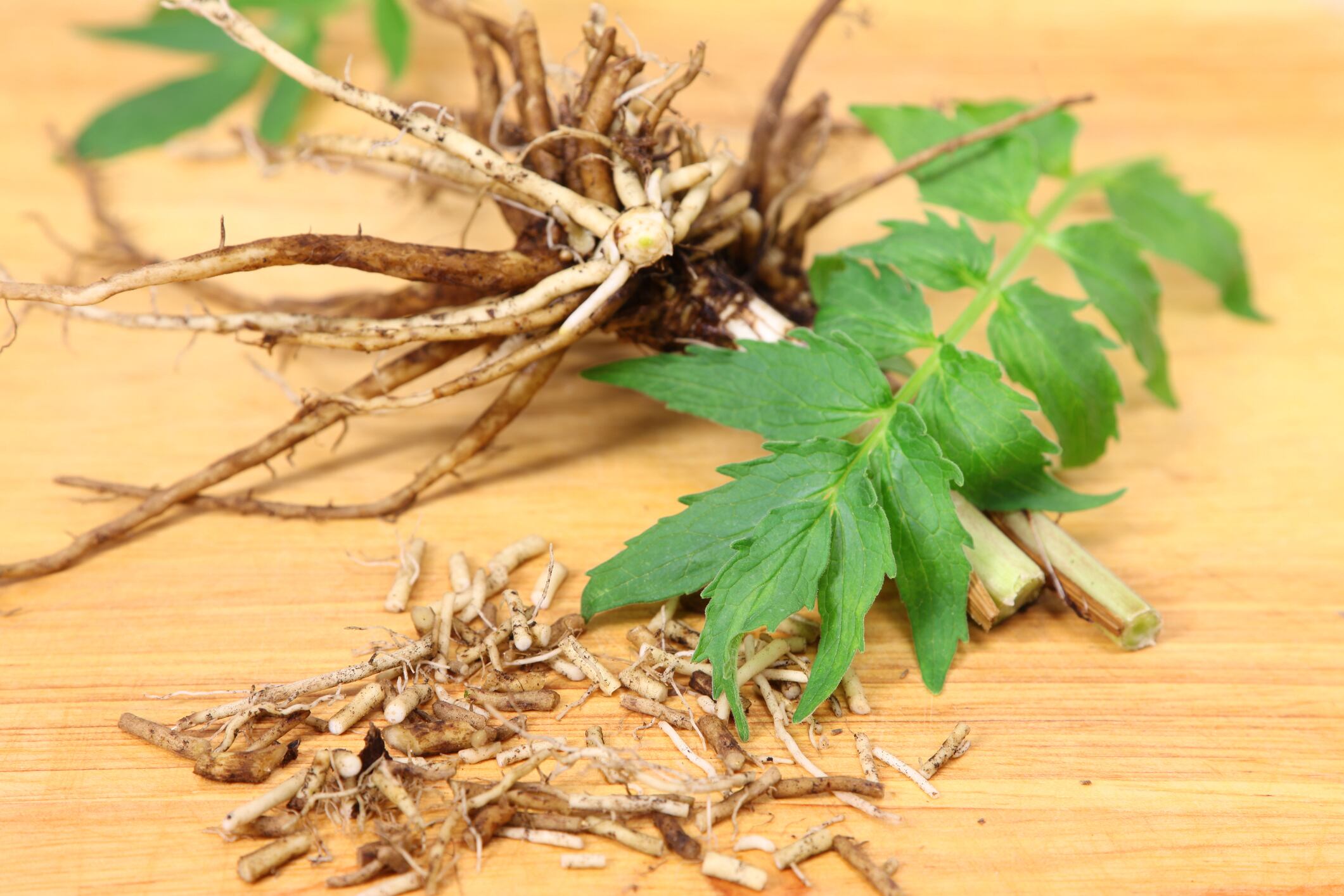
Declining crop yields are also being seen in the US. Pacific Botanicals grows valerian in the Pacific Northwest, which is the main location for US-grown valerian. The botanical was a reliable root crop to grow on a farm in the region where long cool and wet springs were historically the typical weather pattern, Nate Brennan, Pacific Botanicals’ Purchasing & Sales Manager, told AHPA Congress attendees.
However, recent years have seen hotter temperatures earlier in the season, with a heat wave in 2021 leading to over 25 straight days with temperatures over 95 °F (35 °C). This year has seen multiple weeks with high temperatures, which also bring increased risks from fires.
Yields per acre have steadily declined over the past several years, said Brennan, decreasing by about 800 pounds of dried material per acre since 2018.
“At the same time, valerian is becoming more and more popular which is increasing demand,” he said. All this means that suppliers are running out of their yearly stock earlier, and because valerian has a limited planting window, additional plants cannot be planted at just any time. Some material is available from overseas, he noted, but that will have a different chemical profile because the growing conditions are different.
But it’s not just direct weather impacts on plants that is affecting supply chains. MartinBauer sources lemon verbena from places like Paraguay. In addition to excessive heat “burning’ the plants in the ground, abnormally dry weather has led to booming populations of leaf cutter ants, which are ravaging the crops, said Jan von Enden, Head of Sustainability - Supply Chains for MartinBauer.
The botanical industry could look at initiatives from other crop-based industries like coffee, said von Enden. Stakeholders in the coffee industry came together to create the Coffee & Climate Adaptation Toolbox in 2010 to address the challenges that climate change poses to the entire coffee value chain.
“This could be something for herbs and botanicals to work on,” he said.
Forest fires
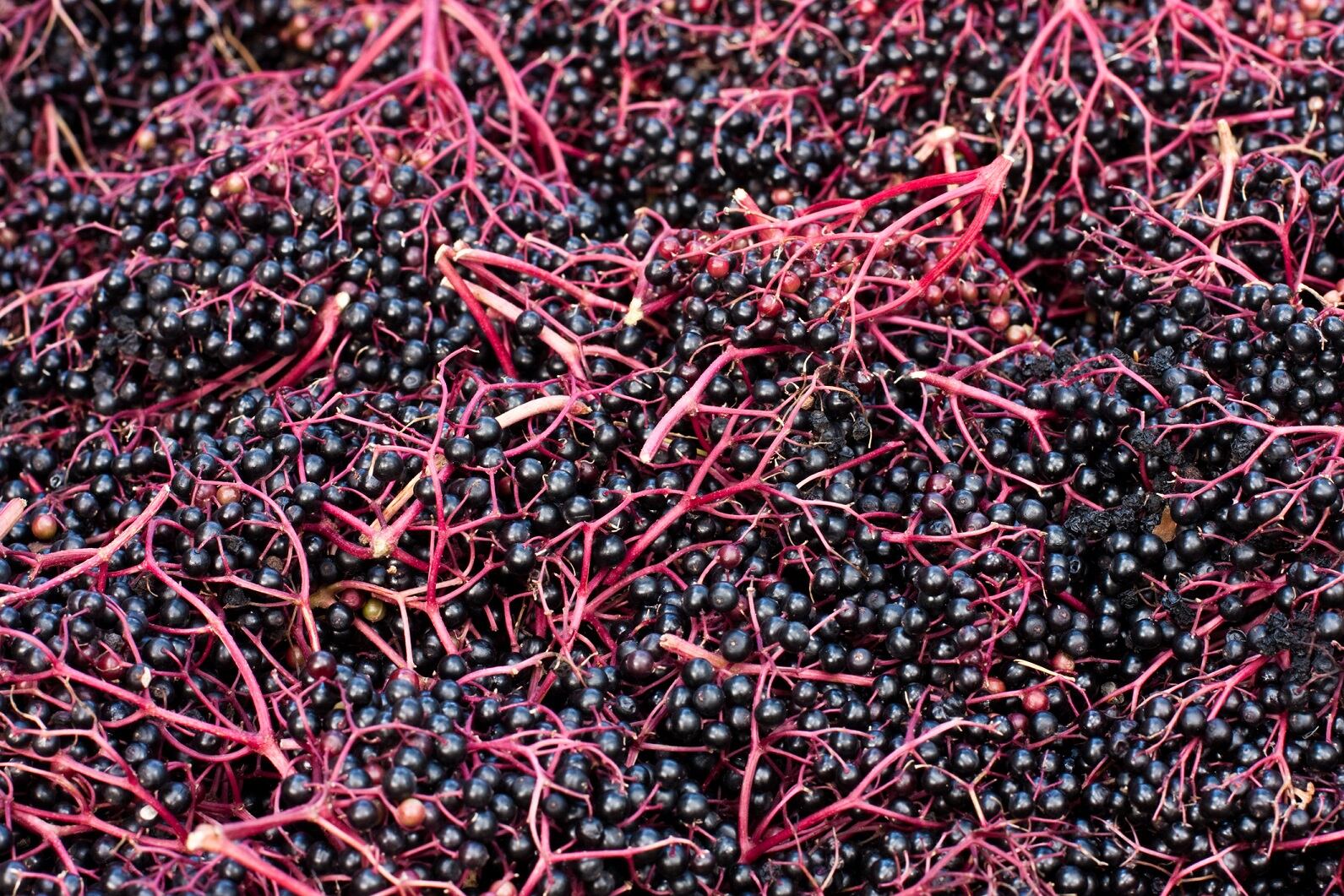
Western Europe has also been hit by heat waves this summer, with the United Kingdom experiencing temperatures over 40 °C (104 °F) for the first time ever. Continental Europe has been ravaged by wildfires, with blazes currently sweeping through the southwest of France. This is the very region where Horphag Research sources its famous Pycnogenol pine bark extract. (Horphag was not participating in the AHPA Congress.)
When asked about the impact on supply, Victor Ferrari, Horphag’s CEO, told us: “As we all can see, based on climate change, we are facing more and more forest fires around the world. This is the case all over Europe and North America in particular. The 2022 wildfires in southwest France, caused by extreme temperatures, have consumed between 2.5% and 3% of the 2.4 million acres of pine forest.”
Ferrari added that the company does not foresee any impact on its raw material supply or production quality, and it always has an “important strategic inventory on hand”.
“To see these beautiful trees go up in flames, while damaging the livelihood of so many people is heartbreaking,” he said. “The men and women involved in fighting these fires are true heroes and deserve our highest respect and appreciation.”



